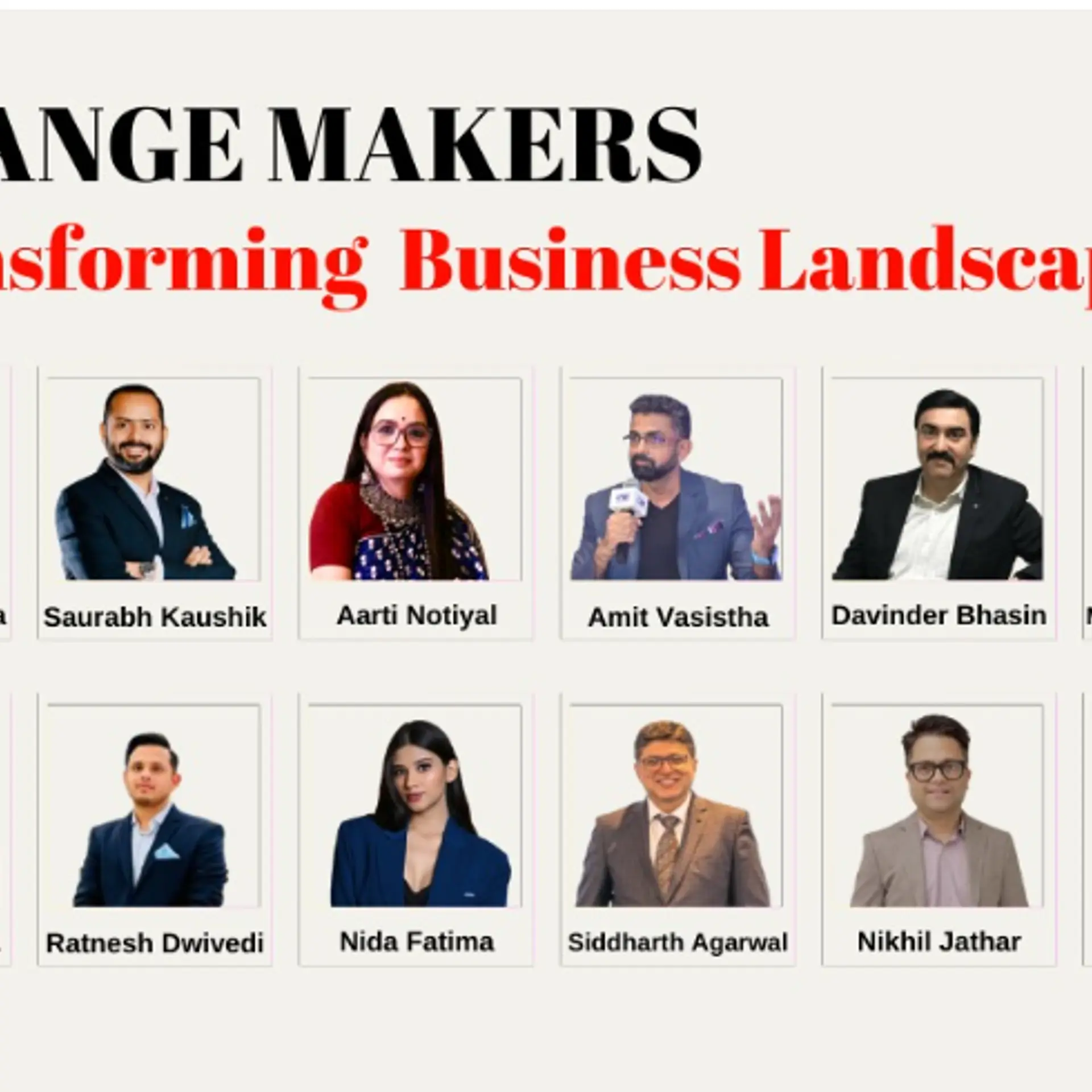There will be Blood - IndianBloodDonors.com
The article has been reblogged from Mahindra Rise. If you have a great idea and need a platform to showcase, please submit your idea for Spark The Rise- and get your project funded.
KHUSHROO POACHA, AN office superintendent with the Indian railways, has kept his day job while running Indianblooddonors. He’s an unlikely innovator with a mission: to prove that making a difference and sustaining an enterprise isn’t all about money. Though the initial phase of the enterprise brought him to the brink of financial crisis a few times, he tided over.

The Challenge
KHUSHROO POACHA may have never given blood donation a thought if his grandmother hadn’t had a fall in September 1994 and been admitted to hospital. It was then that he had his first brush with the anguish of the loss of life for avoidable reasons: the doctor was being beaten up by family members of a patient who had died because a blood donor couldn’t be found in time. He decided he wanted to help and became a donor but it wasn’t until 1999, when he was sitting at a cybercafe that it struck him: the Internet was a medium that could be put to great use. “It was the dotcom era and it seemed like someone was launching a website every day,” says Poacha. “I decided I’d make a similar platform to bring patients and donors together.”
The Idea
POACHA DECIDED to launch a website, hoping to register donors so those in need of blood could reach out to them during a crisis. Executing the idea didn’t take major effort, but it did take money, something he didn’t have much of. He liquidated his savings, bought a domain name and started indianblooddonors.com. He then spent Rs 5,000 to take out ads, then sat back waiting for donors. In a few weeks, donors started signing up but the big change Poacha was hoping to achieve seemed out of reach.
It was the 2001 Gujarat earthquake that turned out to be the gamechanger. On the day of the quake, watching images of devastation unfold, he had a brainwave: he called Zee News and convinced them to flash the site’s name on their ticker. In three days, he had almost 4,000 registrations.
In 2005, when addressing students at IIM-Ahmedabad, a student’s question about limited Internet access got him thinking again. It was time to go mobile. Through a simple text request that included the blood group and pincode, a text request was sent to the site; their system matched the request with a donor registered with them and sent an SMS to both concerned.
The initiative took another leap this June when Poacha launched the interactive voice response (IVR) platform. Thanks to awaaz.de, a voice solutions company that offered him a dedicated phoneline free of cost, users can now dial 07961907766, go through the IVR process and enter their STD code and blood group required. The system then returns the number of a local donor.

The Innovator
KHUSHROO POACHA, AN office superintendent with the Indian Railways, has kept his day job while running Indianblooddonors. He’s an unlikely innovator with a mission: to prove that making a difference and sustaining an enterprise isn’t all about money. Though the initial phase of the enterprise brought him to the brink of financial crisis a few times, he tided over. Today, thanks to the support of companies such as net4india (the web hosting company), awaaz.de (the IVR partner) and innoz.in (the SMS service provider), who offer their facilities for free, Poacha has brought running costs down to Rs 1,500 a month.
The Impact
THE NUMBERS TELL the story. With more than 50,000 registered donors, indianblooddonors has served over 33,000 requests for blood in the past two years. But to Poacha, an individual story has more impact than statistics. It’s phone calls like the one he received from the parent of a two-year-old in Chandigarh that stay with him. “The child needed surgery and was A-, a relatively rare group. About five minutes after calling us, he had the blood donor he needed. He called us post-surgery in tears, thanking us for saving his child’s life. For us, it was another day; for him, his whole life could have been destroyed that day.”

The Way Forward
THE NEEDS OF special groups are on Poacha’s mind and he is working on an exclusive helpline for cancer and dengue patients who need platelet donors. He’s also working on a global initiative where every individual with a phone has access to a helpline dedicated to his blood group, as well as developing a broadcasting system for blood shortages.







